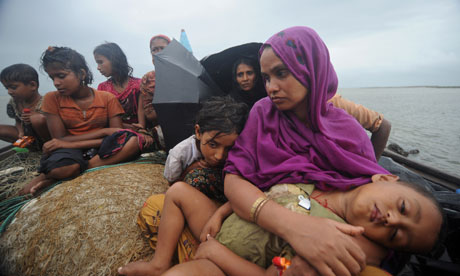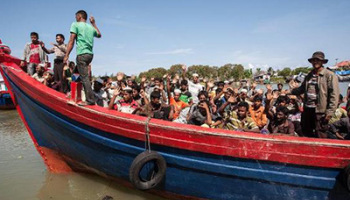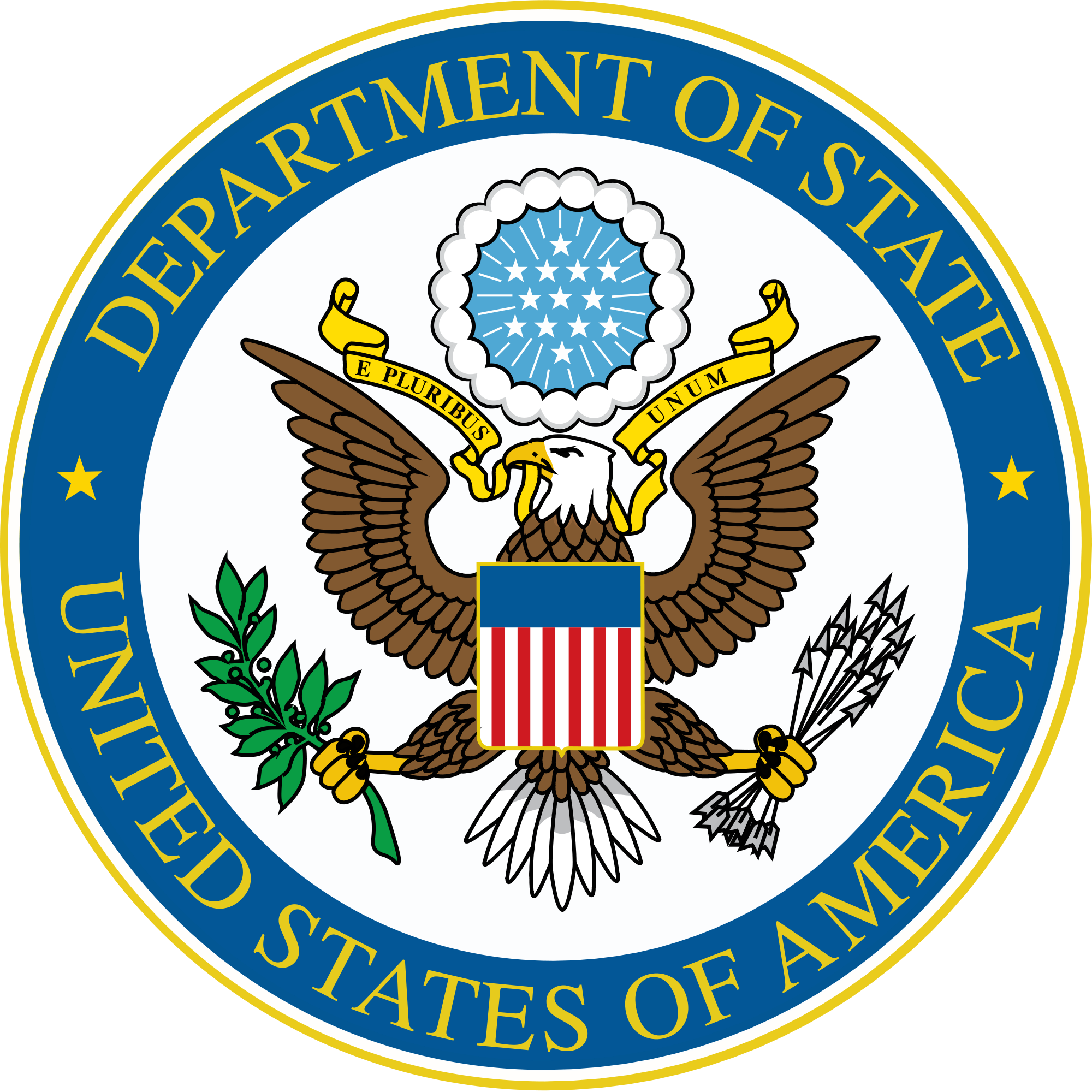In a follow-up from our report last year on Myanmar refugee resettlements, the U.S. Department of State Refugee Processing Center indicates a number of Myanmar Muslim refugees are finding resettlement options.
The U.S. Department of State Refugee Processing Center indicates that 3,000 Myanmar Muslims refugees have been resettled in the United States of America in the past year, with over 13,000 resettled in the United States since 2002. While it is progress that an increasing number have found refuge in the United States, the deep and horrific problems of Myanmar Rohingya Muslims require the attention of the world’s nations, and support for this human rights and refugee crisis. On June 6, we reported that the UNHCR is seeking an additional $13 million to deal with the Southeast Asia boat crisis.
Responsible for Equality And Liberty (R.E.A.L.) supports the universal human rights of all people, including their right to freedom of religion, security, dignity, as well as their right to protect their nationality, in accordance with the Universal Declaration of Human Rights (UDHR), Article 15.
The world must continue to respond to the human rights crisis in Myanmar, and the persecution of Rohingya Muslims in Myanmar (Burma). A year ago, the U.S. House of Representatives passed a Resolution 418 urging the Burmese government to end the persecution of ethnic minority Rohingya Muslims. But in dealing with such human rights crises, words are not enough and the Rohingya Muslim refugees must be given human rights, dignity, and a sanctuary from their oppression in Myanmar.
The progress stands in stark relief to magnitude of the ongoing human rights problem, with literally hundreds of thousands stateless refugees seeking safe conditions, who have fled to Asian countries including Bangladesh, Malaysia, and Thailand.

Rohingya Muslims seeking to cross the Naf river into Bangladesh are turned away by border guards. (Source: Munir Uz Zaman/AFP/Getty Images)
As the U.S. Campaign for Burma states, “The Rohingya are a Muslim ethnic minority living in northern Arakan/Rakhine State in western Burma. They have faced severe persecution and violence at the hands of the state and national governments for decades. There are approximately 1.33 million Rohingya in Burma, but the country’s 1982 Citizenship Law denies them citizenship in spite of the fact that Rohingya have lived in Burma for generations.” “On January 13, 2014, Rakhine mobs and security forces entered Du Chee Yar Tan, Maungdaw Township, and slaughtered over 40 Rohingya. A UN report confirms the gruesome deaths – severed heads of at least 10 Rohingya, some children, were found bobbing in a water tank.” “Forced to venture by boat to trafficking camps on remote Thai islands, the Rohingya are faced with violence, lack of food and water (often forced to drink their own urine), and those who have fallen victim to disease are thrown overboard if dead or close to dying.”
As we previously reported in November 2014, the Fortify Rights group did research concluding that, “Myanmar state security forces are complicit in and profiting from the increasingly lucrative maritime human trafficking and smuggling of Rohingya Muslims from Myanmar’s Rakhine State, Fortify Rights revealed in a briefing released today. Since 2012, Myanmar state security forces in Rakhine State have collected payments from Rohingya asylum seekers fleeing Myanmar by ships operated by transnational criminal syndicates, according to information obtained by Fortify Rights. In some cases, the Myanmar Navy escorted boats operated by criminal gangs out to international waters.”
“Of the hundreds of thousands of Rohingya that have fled to Bangladesh, Thailand, and Malaysia to escape persecution and adversity, approximately 300,000 Rohingya live in squalid conditions in Bangladesh where they are denied access to food supplies, medical aid, and education.”
We lead in human rights solutions with our hearts and our conscience. These suffering Myanmar Rohingya Muslims must have the same universal human rights as as all other people around the world.

